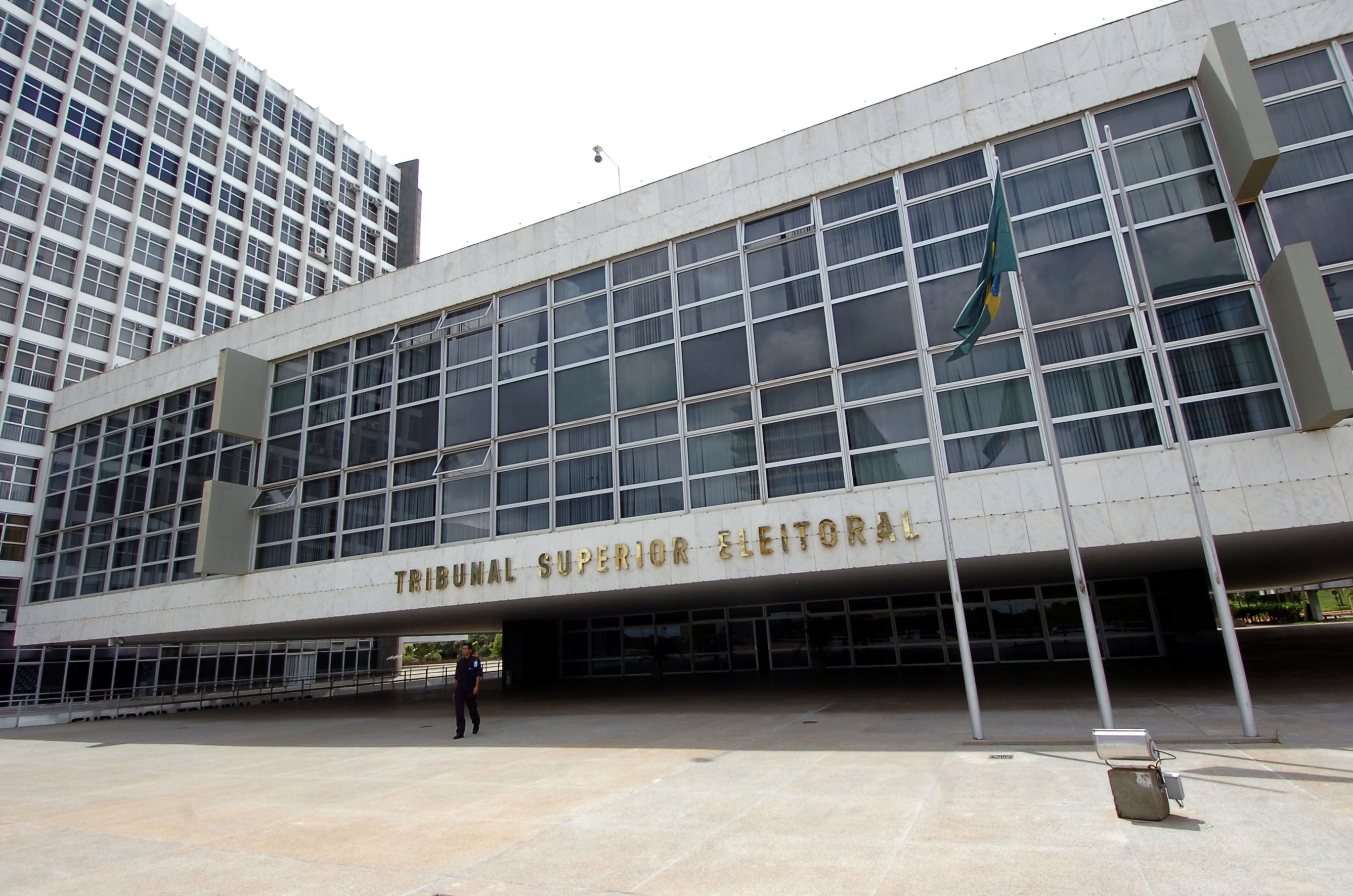
In 2018 several Latin American countries will see presidential elections, and with them, the risk of widespread misinformation caused by fraudulent news. In Brazil, concern about the problem has moved public authorities, and within four months of the election, the Superior Electoral Court has made its first decision regarding the fight against fraudulent news in the electoral context.
Brazilian voters will have a robot helper to fight disinformation in this year's general elections. Her name is Fátima, a conversational bot that is being developed by the team at fact-checking site Aos Fatos in partnership with Facebook. Fátima’s launch is scheduled for June, in time for the October elections.
The fight against fake news will likely be a priority for several Brazilian governmental entities as the country faces national elections in the coming year. The National Congress, the Superior Electoral Court, Army and Federal Police have already stressed the importance of reducing fake news commonly disseminated on social networks in order to prevent negative influence on the contests for the president, governors, congressmen and senators.
For five years, the Buenos Aires, Argentina branch of Hacks/Hackers has gathered thousands of journalists and tech experts in its fair city to discuss the future of news and innovation. This September, the conference known as Media Party will address one of the biggest threats to the news industry and greatest opportunities for innovation: fake news.
A group of Brazilian journalists, researchers and media have joined to create a kind of stamp of credibility for journalism. The project, a partnership between the Institute for the Development of Journalism (Projor) and Paulista State University (Unesp), sponsored by Google Brazil, wants to develop protocols and tools to identify and certify reliable content on the internet. The aim is to differentiate quality journalism from noise online, in the face of a global wave of fake news.
These days, headlines around the world often seem absurd, and Latin American writers have capitalized on the outlandish nature of their countries’ political and economic situations to create content for the region’s growing list of satirical publications.
Brazilian journalist Leonardo Sakamoto has received dozens of death threats after a fake interview with him was published by a local newspaper in Minas Gerais.
Former Peruvian president Alberto Fujimori (1990-2000) received the headlines and contents of the country's infamous tabloid newspapers known as "prensa chicha" before they were published, according to recent testimony heard at Fujimori's most recent trial over accusations that his government financed the newspapers in hope of boosting his 2000 election campaign.
A court in the Brazilian state of Minas Gerais has ordered the preventive detention of journalist Marco Aurelio Flores Carone at the request of the state’s district attorney. The editor of website Novojornal was jailed after he was accused of attacking several witnesses in criminal trials in which he is a defendant, newspaper Estado de Minas reported.
The only newspaper in the Falkland/Malvinas Islands, the Penguin News, published a fake interview with Argentine Foreign Minister Héctor Timerman after the official refused to speak with the media, reported the newspaper La Nación.
The Attorney General of the Dominican Republic, Francisco Domínguez Brito, opened an investigation into a series of fake press releases sent to the media, according to the news agency UPI.
Honduran President Porfirio Lobo accused two newspapers of conspiring against him after they published a statement from the Central American country's Supreme Court demanding he respect the judicial branch's independence, according to a report from the newspaper La Prensa.